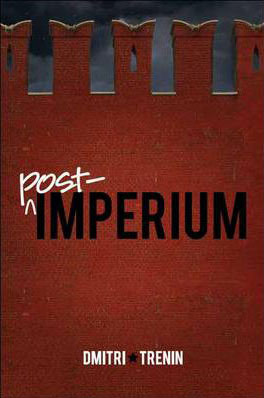Source: Washington
The war in Georgia. Tensions with Ukraine and other nearby countries. Moscow's bid to consolidate its "zone of privileged interests" over former Soviet republics. These volatile situations all raise questions about the nature of Russia’s relations with its neighbors and prospects for future regional stability.
In Post-Imperium: A Eurasian Story, also available in Russian, Dmitri Trenin argues that Moscow needs to drop the notion of creating an exclusive power center in the post-Soviet space. Like other former European empires, Russia has no choice but to reinvent itself as a global player and as part of a wider community.
Trenin’s vision for Russia is a changed, open Euro-Pacific country that is savvy in its use of soft power and fully reconciled with its former dependents. While acknowledging that this scenario may sound too optimistic, Trenin warns that the alternative is not a new version of the historic empire but ultimately the marginalization of Russia in international affairs.
Advance Praise
"... as Mr Trenin convincingly argues, Russia is not a neo-imperialist state, but a post-imperialist one that lacks both vision and appeal, and the economic and human resources for any expansion."
—The Economist, December 3, 2011




.jpg)
